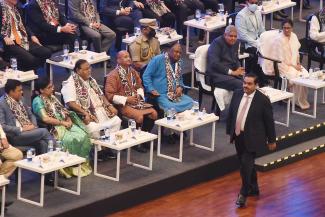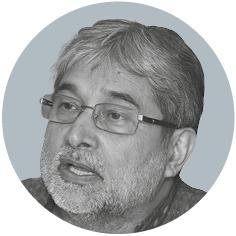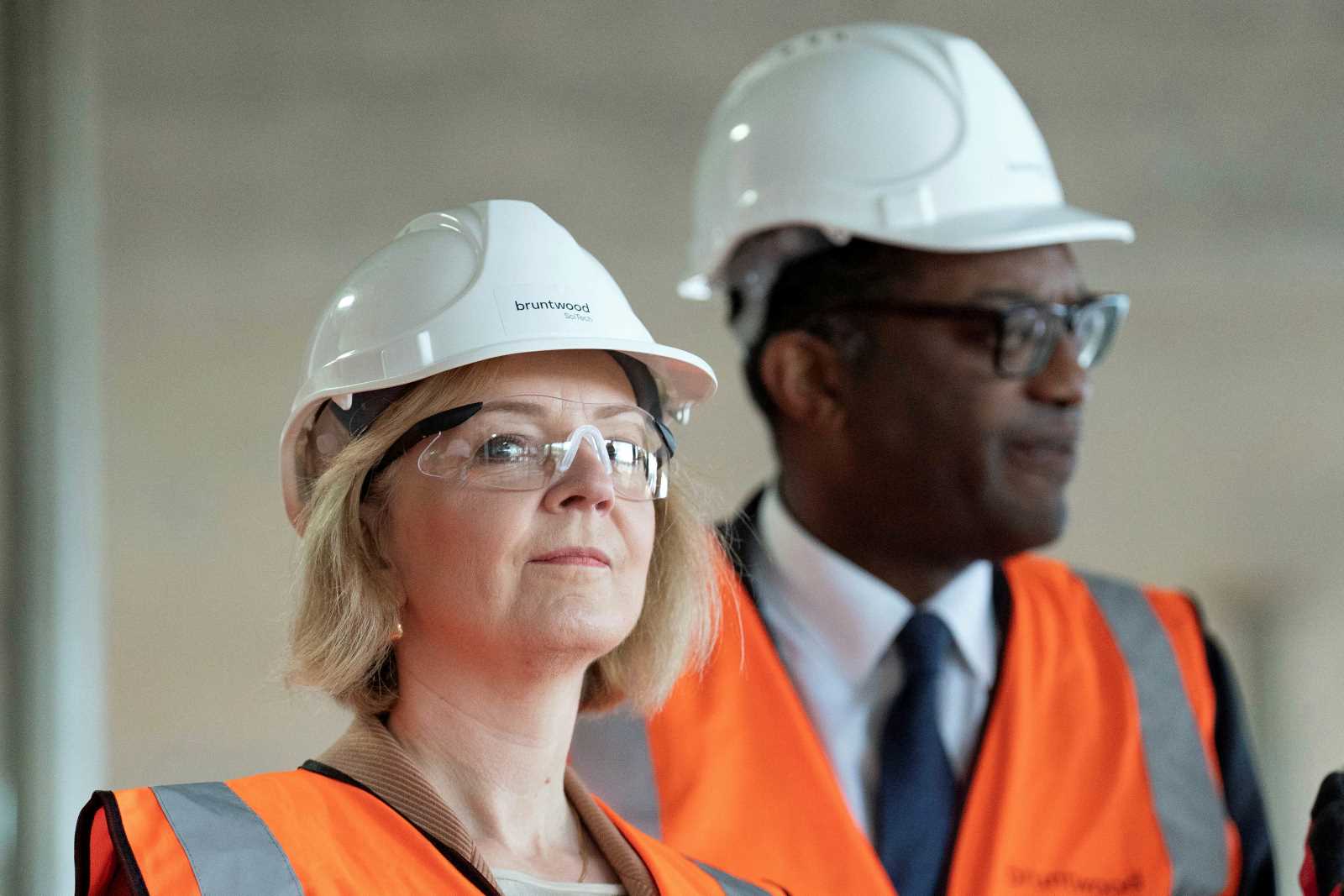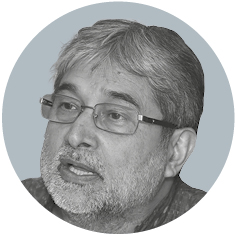Public finance
Do not only tax consumption
There are three things that matter in particular when it comes to increasing the tax revenues of the least developed and developing countries.

Taxes should be progressive, levies to fund social protection are needed, and illicit financial flows must be reduced:
- It is important to widen the tax base and introduce more targeted tax legislation. It is not enough to tax consumption with sales or value added taxes. These taxes are regressive; they hurt low-income people the most. What is needed are taxes on personal incomes, corporate profits, personal wealth and inheritance. These taxes burden those more who are strong enough to carry a greater weight. A rough estimate of my JNU colleague Prabhat Patnaik shows that, in India, just steps could increase total tax revenues by up to 70 %. They would be imposing a two percent wealth tax on the top richest one percent of the population as well as inheritance tax of 25 %, levied on their fortune, should they pass away (assuming that five percent of the richest people bequeath their wealth to their children every year). On the other hand, “sin taxes” on carbon emissions or luxury goods like alcohol can make sense too, though the potential for generating revenues is much smaller. Taxes on international financial flows would obviously help increase the fiscal space too.
- Unlike high-income countries, low- and middle-income countries generally do not collect what is called social-protection contributions in Germany, payroll taxes in the USA or national insurance in Britain. This money is collected like an income tax and is used to pay for old-age pensions, unemployment benefits and other social-protection schemes. Low- and middle-income countries would benefit from such systems too, and the big challenge is to formalise the informal sector in order to be able to register the payers (see Markus Loewe on www.dandc.eu).
- The international community must get a grip on illicit financial flows. From sub-Saharan Africa alone, they amounted to up to about $ 89 billion according to UNCTAD’s 2020 estimates. These flows include revenues from illegal drugs and arms smuggling, human trafficking, and other forms of organised crime. They also include illegal tax evasion as well as legal forms of tax avoidance, such as “profit shifting” which means that a multinational corporation declares profits made in one country and shifts them to another one with much lower tax rates or even no taxes (“tax havens”).
Praveen Jha teaches economics at Jawaharlal Nehru University (JNU) in Delhi.
praveenjha2005@gmail.com










